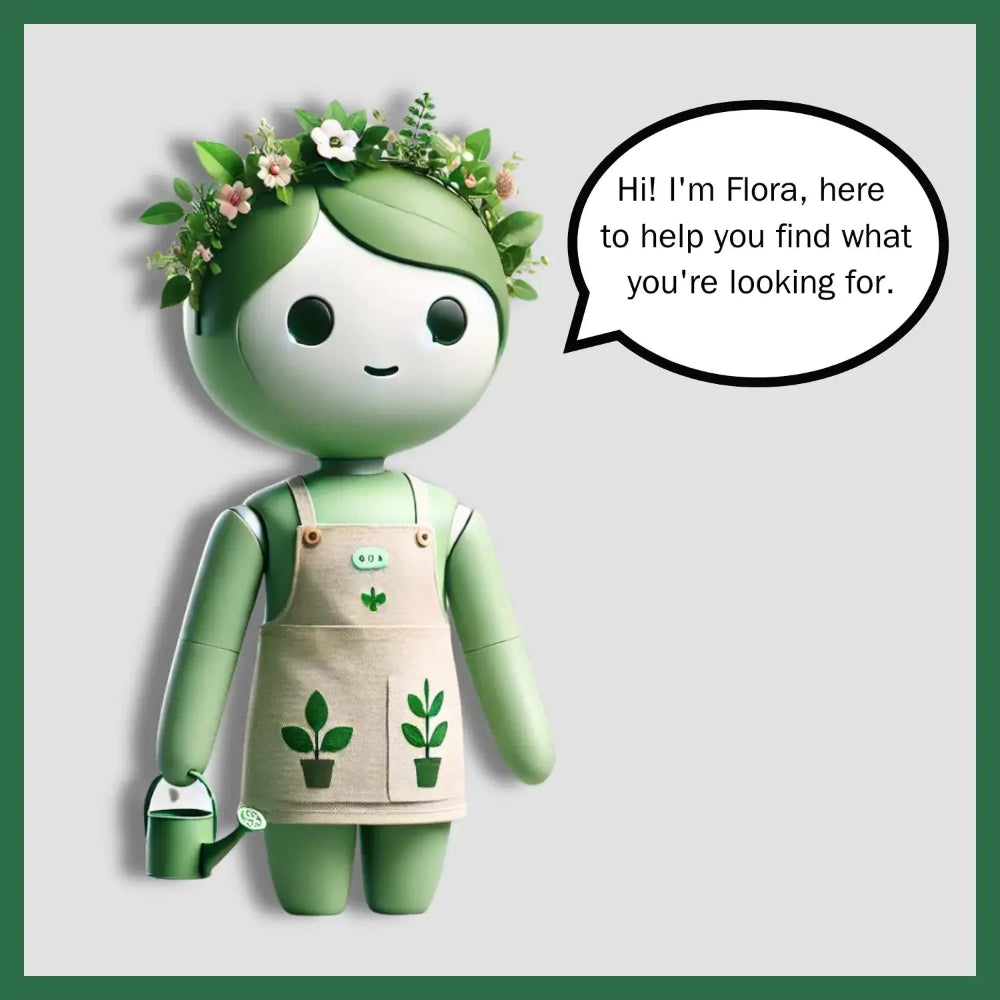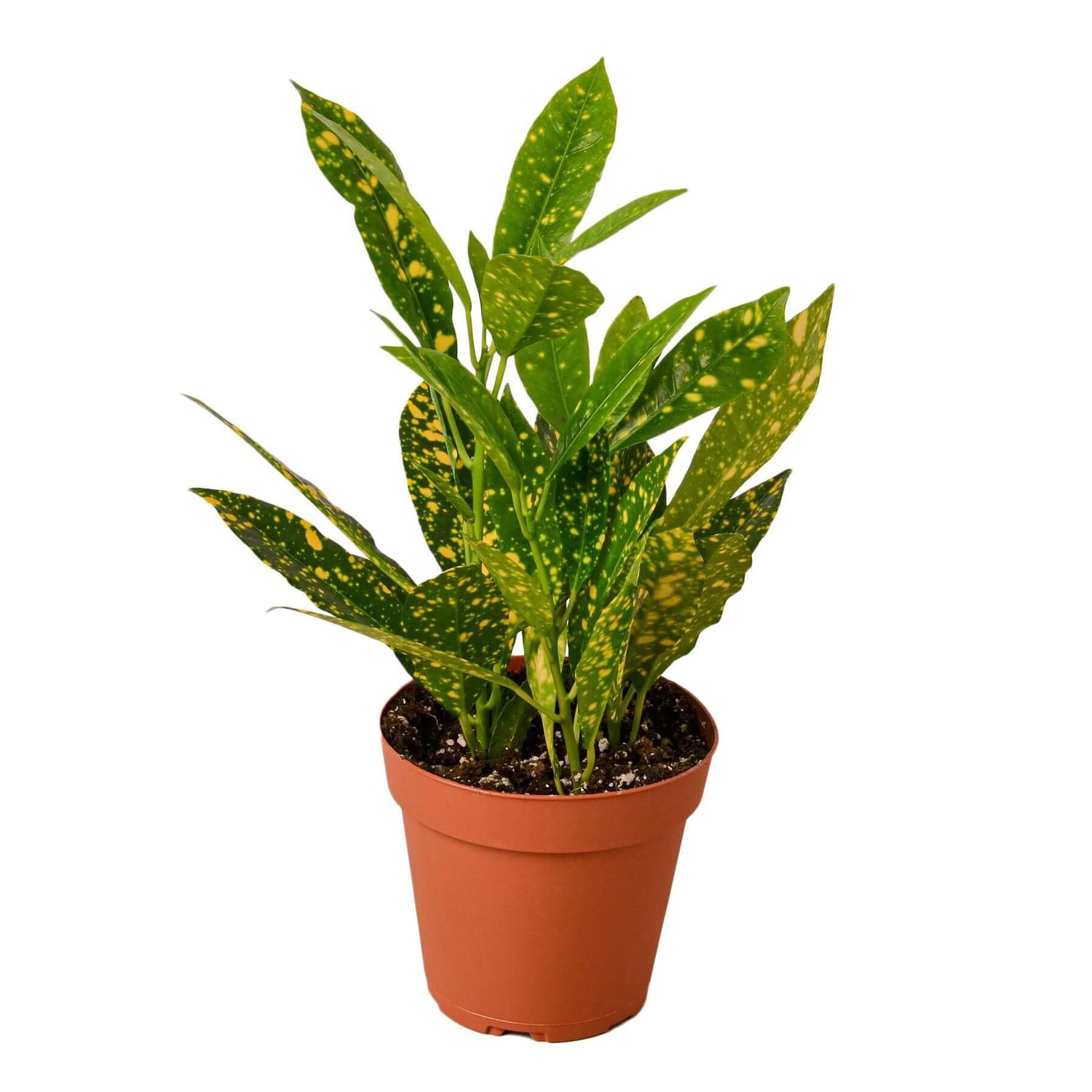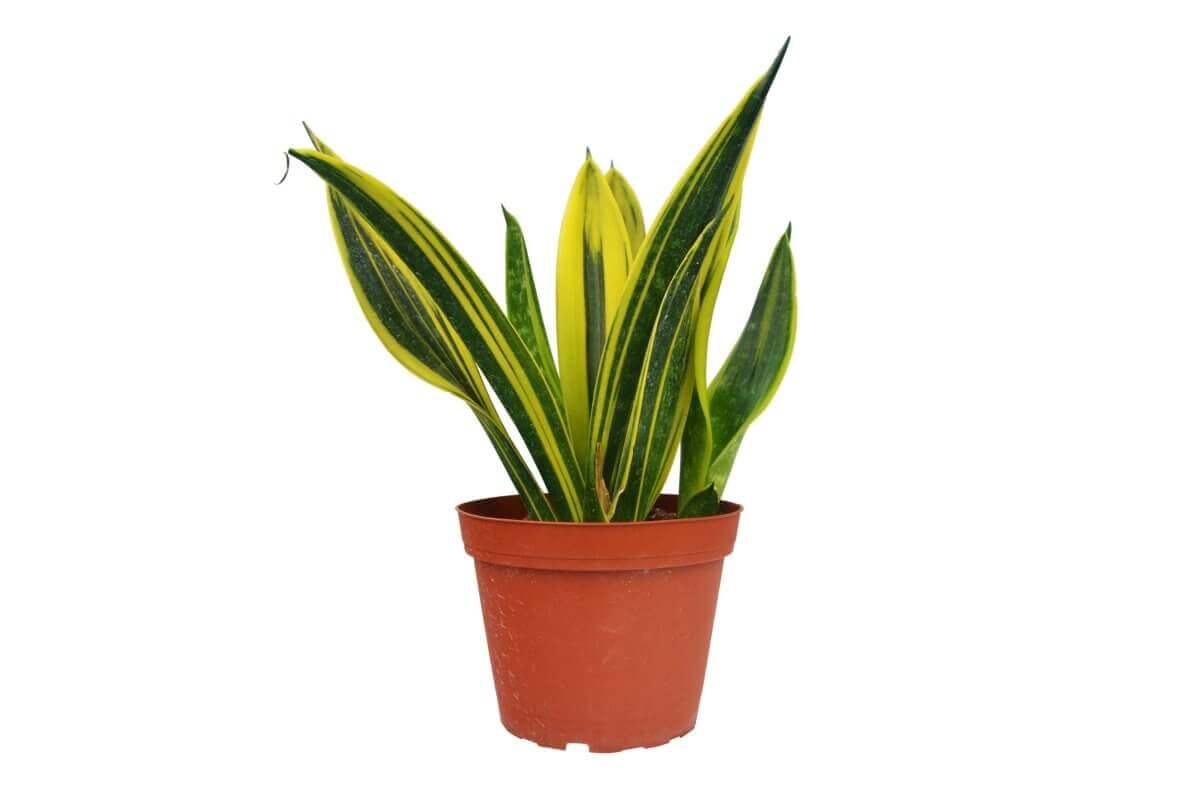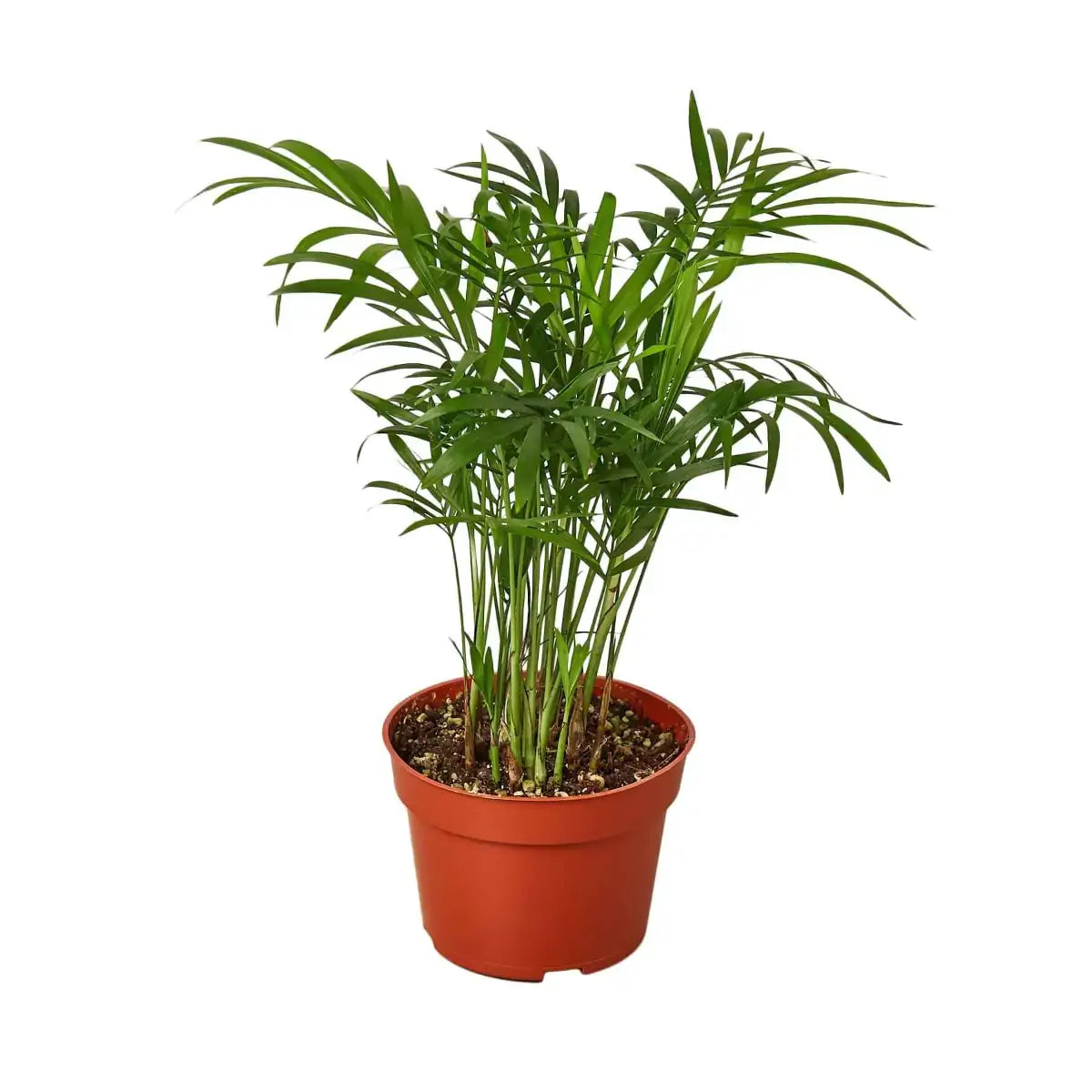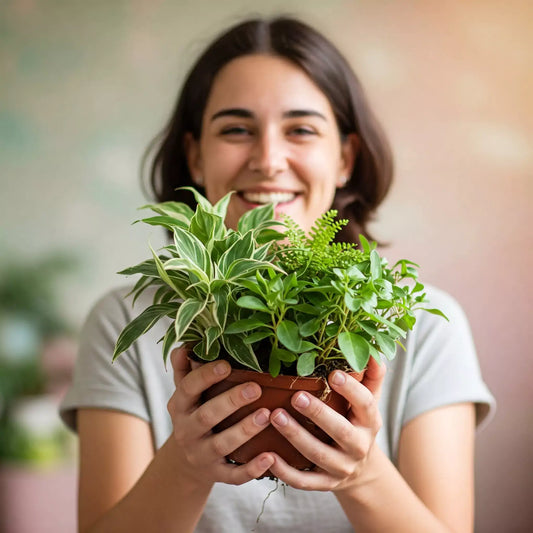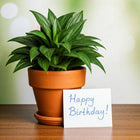If you’re a cat owner who loves houseplants, you know the challenge of finding greenery that won’t harm your furry friends. Luckily, there are plenty of houseplants that are non-toxic to cats, allowing you to enjoy both your plants and your pets in perfect harmony. In this guide, we’ll explore popular indoor plants that are not toxic to cats so you can bring some green into your home worry-free.
Top Houseplants That Are Not Toxic to Cats
-
Spider Plant
Known for its air-purifying qualities and easy-care nature, the Spider Plant is a great choice. It’s a resilient plant that thrives in indirect light and is completely safe for cats.
-
Korean Rock Fern
Ferns can add a lovely touch to your home, and the Korean Rock Fern is one of the best house plants not poisonous to cats. Keep its soil moist, and it will flourish while keeping your pet safe.
-
Parlor Palm
For a tropical vibe, the Parlor Palm is a perfect choice. It's a great indoor plant for low light conditions, and it's non-toxic to cats, making it both stylish and safe.
-
Ponytail Palm
Despite its name, the Ponytail Palm isn’t a true palm, but its quirky, ponytail-like appearance makes it a fun and safe option for cat owners. It’s also a low-maintenance plant.
-
Calatheas
The beautiful Calatheas, with their vibrant leaves, are some of the most popular plants not poisonous to cats. These plants do well in low to medium light and add a colorful touch to any room.
-
Money Tree
Another safe option for your feline friends, the Money Tree is not only non-toxic but also believed to bring good luck! It’s easy to care for and adds a unique look to any space.
How to Cat-Proof Your Indoor Plants
While choosing house plants not toxic to cats is the first step, you may still want to ensure your plants and your cats coexist peacefully:
-
Place Plants Out of Reach: If possible, position plants on high shelves or in hanging baskets, making it harder for your cat to reach them.
-
Use Cat Deterrents: Some cats dislike the smell of citrus or vinegar. Spraying a light solution of these scents near your plants (but not directly on them) can keep your cats at bay.
-
Provide Alternatives: Give your cat something else to chew on, like cat grass or safe, edible plants, to divert their attention away from your decorative houseplants.
-
Cover Soil: Cats sometimes dig in plant soil. To prevent this, use decorative rocks or barriers to cover the surface of your plant’s soil.
For more detailed ideas on cat-proofing your plants, check out this resource from the ASPCA.
Common Signs of Plant Poisoning in Cats
Even with precautions, it’s essential to be aware of the signs that your cat may have ingested a toxic plant. If you notice any of these symptoms, contact your vet immediately:
- Vomiting or excessive drooling
- Lethargy or weakness
- Loss of appetite
- Difficulty breathing or swallowing
- Tremors or seizures
- Swelling around the mouth or throat
If your cat shows any of these signs, it's crucial to act quickly. Removing toxic plants from your home and choosing safe alternatives like those listed here can help prevent such situations. You can learn more about plant poisoning symptoms in cats from the ASPCA's guide.
FAQs About Houseplants and Cats
Q: What house plants are good for cats to eat?
A: While it’s always best to discourage cats from eating plants, some safe options for nibbles include Cat Grass (often sold as wheatgrass) and Spider Plants. These plants are non-toxic and harmless if your cat decides to take a little bite.
Q: What is the most toxic plant to cats?
A: One of the most toxic plants to cats is Lilies (Lilium spp.). Even small amounts of exposure can cause severe kidney failure in cats. Avoid any variety of lily if you have a cat in your home.
Q: Do cats know to stay away from toxic plants?
A: Unfortunately, cats do not instinctively know to stay away from toxic plants. It’s important to cat-proof your home by removing harmful plants and replacing them with non-toxic options.
Q: Is Monstera toxic to cats?
A: Yes, Monstera (Monstera deliciosa) is toxic to cats. It contains insoluble calcium oxalates that can cause irritation, vomiting, and difficulty swallowing if ingested. Keep this plant out of reach or avoid having it in your home if you have cats.
Q: What should I do if my cat eats a plant?
A: Even with non-toxic plants, monitor your cat for any signs of digestive upset. If your cat eats a toxic plant, contact your veterinarian immediately.
Q: Can I have any flowers that are safe for cats?
A: Yes, many flowers like African violets and marigolds are safe for cats. Always check the plant’s toxicity before bringing it home.

Final Thoughts
Finding the right balance between your love of plants and your love for your pets can be easy with the right choices. Stick to house plants not toxic to cats, and both your green thumb and your feline friend will be happy!
We have these beautiful, cat-safe plants available at All About Planties, ready to ship directly to your door!
Articles Related
- All About Indoor Plants Safe for Cats and Dogs
- All About the Spider Plant: A Tale of Elegance and Resilience
- All About the Money Tree: Symbolism and Care


